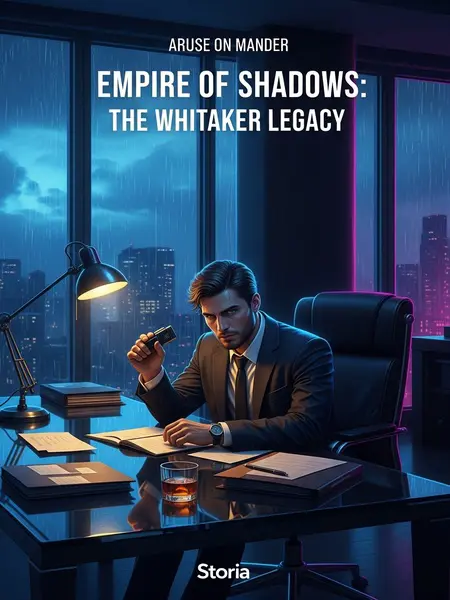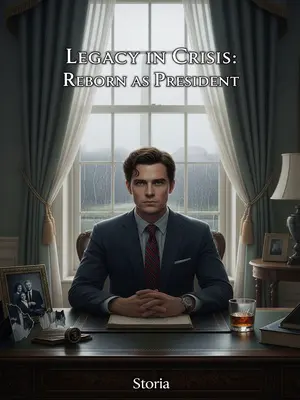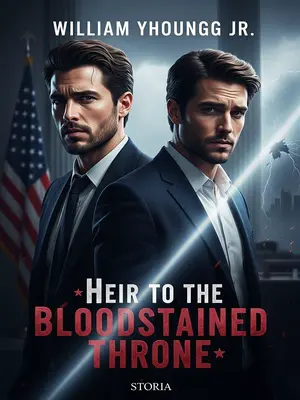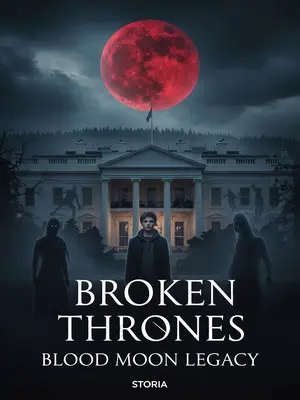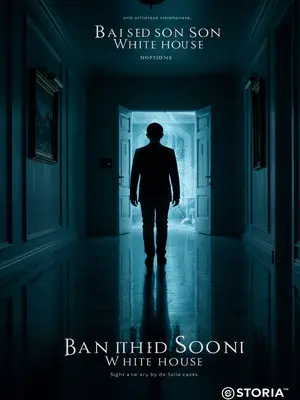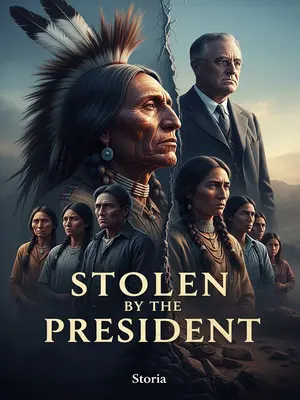Chapter 1: The Apple Dilemma
Americans can’t escape Apple; once, that sounded like a compliment. Now, owning an Apple device can feel like a guilty pleasure—people check their iPhones at Starbucks, sneak glances at MacBooks in crowded airport terminals, and feel a twinge of defensiveness when someone brings up labor scandals over brunch. Some folks joke, “Hey, at least it’s not a flip phone,” but deep down, the shine’s faded.
These days, you can hardly walk through an airport or grab a coffee in a city without seeing that half-bitten apple logo glowing from a laptop, phone, or billboard. It’s everywhere—on college campuses, TSA bins, and in the hands of teens at Little League games. It’s as much a part of American life as baseball in July or the rumble of the interstate. Yet, even as the logo beams from every corner, the whispers about Apple’s sweatshops and overseas labor abuses grow louder. What was once a badge of American innovation now feels like the skeleton in the closet everyone avoids at Thanksgiving dinner.
Its founder and his successor—one labeled a "profit-hungry mogul" who thrived during wartime, the other called America’s “shadow CEO,” powerful enough to be pardoned for his crimes.
On glossy magazine covers and late-night talk shows, Old Samuel Whitaker was the face of ambition—a tycoon who made fortunes from chaos, especially when the world was at war. Years later, Benjamin Whitaker became the man whose name echoed in Washington’s halls—too big to fail, too connected to fall, making headlines every time a presidential pardon was issued. Their legacies are tangled with the American dream—and the nightmare that comes with it.
Maybe, since that succession struggle began more than forty years ago, Apple was destined to dodge bullets and lawsuits, but not the bitter infighting between brothers. Or maybe, beneath its meteoric rise, there’s always been a darkness and filth that can’t be denied.
From boardroom drama splashed across the Wall Street Journal to family feuds that spilled over into courtroom battles, the Whitaker saga reads like a page ripped from a John Grisham thriller. Apple’s ascent was never just about innovation—it was ambition, betrayal, and secrets whispered over bourbon in smoky Manhattan bars. Every triumph had a shadow, and every victory demanded a sacrifice.
